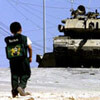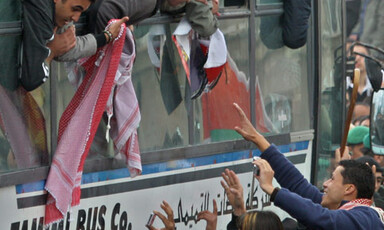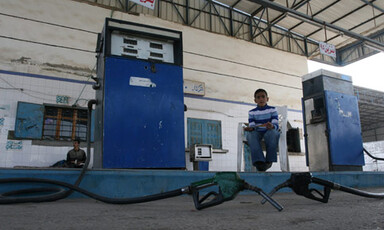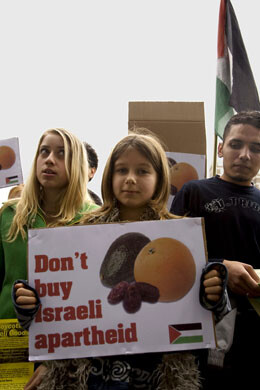
Testimony: Israel delays treatment of two Gaza toddlers
6 December 2007
I was born in Jordan to a father from the Gaza Strip. In 1994, I came to Gaza on a visitor’s permit that my uncle obtained for me. In 1995, my fiancee also entered Gaza on a visitor’s permit and we got married. At the time, we thought we would be able to obtain Palestinian identity cards. I worked in the office of the Palestinian Naval Police. In 1996, our first child was born, a daughter, whom we named Ghaida’, and in 1998, our daughter Maysa’ was born. In 2000, our first son, Muhammad, was born. Ten days after he was born, we noticed that his skin was yellow, so we took him to al-Shifa’a Hospital, in Gaza, for an examination. Read more about Testimony: Israel delays treatment of two Gaza toddlers








